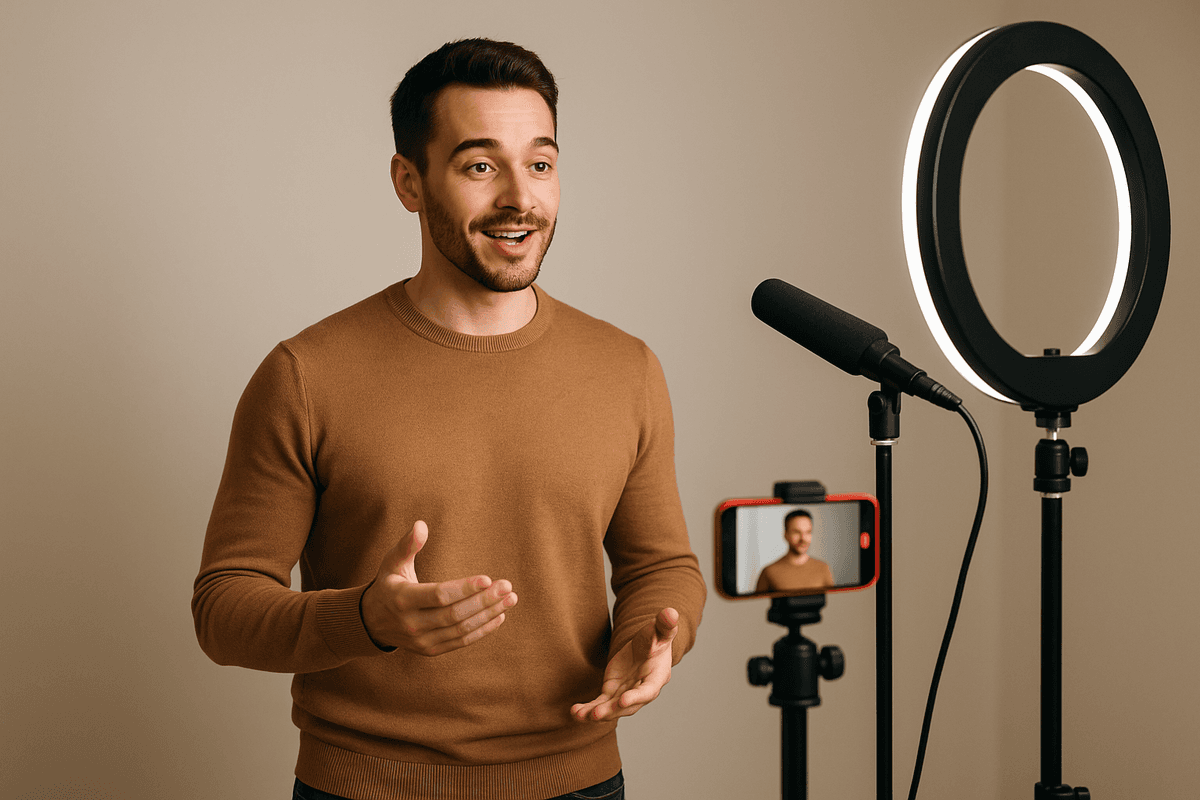10 Tips for Reaching Out to Casting Directors Without Being Annoying
Published: 8/1/2025

Create your actor website on ActorCV
10 Tips for Reaching Out to Casting Directors Without Being Annoying
Reaching out to casting directors can feel intimidating. You want to get on their radar, but you definitely don’t want to come off as pushy, spammy, or desperate. So what’s the right way to make contact?
The good news is that many casting directors are open to hearing from actors, especially if you do it with professionalism, self-awareness, and a clear purpose. Here are 10 respectful and effective tips to help you connect without overstepping.
1. Understand what casting directors actually do
Before you reach out, know who you’re contacting. Casting directors aren’t talent scouts or agents. Their job is to find the right actors for specific roles, often under tight deadlines and pressure.
They receive dozens of messages daily. Keep this in mind and respect their time. Your goal is to stay visible and build a relationship over time, not demand a role.
2. Don’t ask for work
This is the fastest way to get ignored. Never email a casting director asking if they “have anything for you.” It puts them in an awkward position and shows a misunderstanding of their role.
Instead, express interest in being considered for future projects and leave it at that. Focus on visibility and long-term connection, not instant results.
3. Keep it short and clear
Long messages don’t get read. A few sentences is plenty:
- Introduce yourself briefly
- Mention any recent work or training
- Share a link to your ActorCV website
Avoid bulky attachments or long backstories. Make your email easy to skim and act on.
4. Personalise your message
Generic copy-paste emails stand out, and not in a good way. If you’re reaching out to a specific casting director, reference something they’ve worked on:
- “I really liked the casting on [project name]”
- “I attended your Q&A at [event/workshop]”
A little effort goes a long way in showing you’ve done your homework.
5. Send links, not files
Casting directors don’t want huge email attachments clogging their inbox. Instead of sending your headshot, CV, or reel as files, include a link to your actor website. This makes your email cleaner, faster to open, and more likely to get a look.
We built ActorCV based on the feedback from Casting directors for this very purpose.
6. Respect their time and space
If they don’t respond, don’t follow up immediately or repeatedly. No reply doesn’t mean they’re not interested, it often just means they’re busy.
It’s fine to follow up months later, especially if you have a genuine update like a new role, a show opening, or a reel update. Just don’t do it weekly.
7. Use social media with care
It’s okay to follow or engage with casting directors on platforms like Instagram or LinkedIn. Just do it naturally. Like posts, leave thoughtful comments, and be visible without forcing interaction.
Avoid DMing with unsolicited reels or lengthy intros. Keep things professional and respectful.
8. Attend workshops and build real-life connections
One of the best ways to reach out to a casting director is to meet them first. This might be in a workshop, panel, or industry event. After that, your email or message has context, and they’re more likely to remember you.
In your follow-up, mention where you met and thank them for the session.
9. Update your materials before reaching out
Make sure your headshots, CV, and showreel are up to date before you introduce yourself. Sending outdated materials or broken links can do more harm than good.
If you’ve recently changed your look (like new hair or facial hair), update your headshots first.
10. Be professional and polite
Always be respectful. Use a clear subject line, spell-check your message, and don’t try to be overly casual or “funny” unless you’re sure it fits your voice.
A simple, clear, confident message will always make a better impression than something overly clever or salesy
Final thoughts
Reaching out to casting directors is a vital part of any actor's job. However, it’s not about chasing instant roles. It’s about showing that you’re a professional, prepared, and worth remembering. Keep it brief, make it easy for them to find your work, and always respect their time.
If you don’t hear back, that’s okay. Keep building your craft, updating your materials, and staying visible. When the right role comes up, that respectful message you sent could make all the difference.
Ready to share your headshots, showreel, and credits in one place? Your ActorCV website is the perfect link to include in your outreach. Keep it polished, keep it current and let your work speak for itself.



